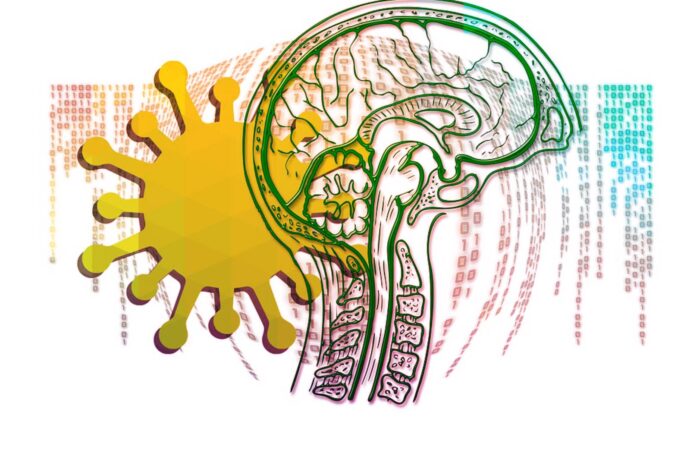According to a non-peer-reviewed report, some people who have suffered and recovered from Covid-19 showed considerable cognitive performance deficits.
A study performed by Imperial College London researchers analysed the results of over 80,000 Covid-19 infected patients who were part of a study named the Great British Intelligence Test.
The cognitive loss was most significant in patients who had been hospitalized. In some cases, the impairment was equivalent to 10-year ageing of the brain, and it mirrors the decline in cognitive performance that follows a traumatic brain injury.
However, it remains to be shown whether these injuries are indeed caused by SARS-CoV2 and if they are only temporary consequences. Other researchers have also warned that this study fails to address the participants’ cognitive state before the SARS-CoV2 infection.
In theory, many infected individuals got rid of the virus and have negative PCR tests but still deal with the disease’s effects for several months. The so-called long Covid leaves people struggling with long-term sequels, such as fatigue, anxiety, and memory loss.
Sources:
– COVID-19 (coronavirus): Long-term effects
– COVID’s cognitive costs? Some patients’ brains may age 10 years
– Hampshire, Adam, et al. “Cognitive deficits in people who have recovered from COVID-19 relative to controls: An N= 84,285 online study.” medRxiv (2020).
Image Credit: Image:geralt_pixabay





